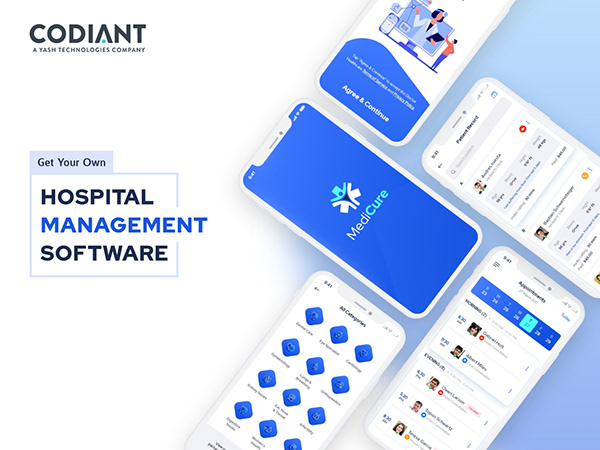In today's dynamic medical environment, the importance of clinical management systems has grown to be increasingly crucial for the efficiency and efficacy of healthcare practices. As the challenges of patient care grow, healthcare workers confront the obligation of managing vast amounts of information, managing care, and ensuring patient safety. This powerful technology supports medical professionals, streamlining their workflows and allowing them to concentrate more on what genuinely matters: providing high-quality patient care.
By implementing medical management systems into their regular practices, healthcare professionals can significantly enhance productivity, lessen paperwork, and improve collaboration across departments. These systems not only allow better record-keeping and scheduling but also aid data analysis and tracking, allowing to track patient outcomes and refine operations. Adopting this software changes the healthcare landscape, fostering a more nurturing environment for both healthcare professionals and individuals alike.
Optimizing Operational Tasks
Medical administrative software plays a essential role in minimizing the operational burden faced by medical workers. By automating standard tasks such as schedule booking, billing, and record management, these programs allocate valuable time that practitioners can redirect towards client care. This productivity not only improves workflow but also reduces the likelihood of mistakes, leading to better service delivery.
Moreover, integrating medical management software allows for better communication among medical teams. With joint access to patient data and treatment histories, healthcare professionals can collaborate more effectively, ensuring that choices are based on the most comprehensive and up-to-date information available. This cooperation among staff helps to streamline patient transitions, reducing delays and boosting the overall patient experience.
The design of medical management systems is customized to meet the unique needs of medical facilities. User-friendly interfaces and flexible features enable organizations to adapt the software to their particular workflows, aligning technology with their operational requirements. As medicloudmed.ch , healthcare workers find it simpler to navigate daily tasks, leading to higher job satisfaction and a more productive work environment.
Elevating Patient Treatment
Clinical management software greatly improves the level of care that healthcare workers can offer to their patients. By simplifying patient record keeping, it facilitates quicker access to essential health information. This instant accessibility allows healthcare providers to make educated decisions, cutting down on the time spent on administrative tasks and boosting the overall effectiveness of care provision. As a outcome, patients experience shorter wait times and receive swift interventions that can be key for their health outcomes.
A further key feature of medical management software is its role in promoting collaboration among care staff. With joint access to patient records and treatment strategies, healthcare professionals can communicate more efficiently, ensuring that every member of the team is on the same page. This collaborative approach not only enhances safety by minimizing the risk of incidents but also supports a holistic view of the patient, allowing for personalized care that addresses the patient’s unique circumstances.

Furthermore, medical management systems often incorporate features for tracking patient progress and outcomes. By utilizing analytics and tracking capabilities, healthcare workers can monitor improvements over time and recognize areas where patients might need additional help. This evidence-based approach enables caregivers to proactively tackle any concerns and modify treatment strategies as needed, ultimately leading to better health outcomes and a more rewarding patient engagement.
Safety of Data and Compliance
In the healthcare industry, safeguarding patient information is of paramount importance. Medical management software is developed with robust security features that defend sensitive data from unauthorized access and cyber threats. These systems implement data encryption, secure access controls, and regular security audits to ensure that patient information remains confidential and protected.
Adhering with regulations such as HIPAA is another vital aspect of using medical management software. These systems help healthcare providers comply with required standards for privacy and security of medical data. Automated compliance features facilitate the process of maintaining documentation and reporting, making it easier for organizations to adhere to regulatory mandates while prioritizing patient care.
Furthermore, the ability to monitor and manage data effectively enhances responsibility within healthcare organizations. Medical management software not just ensures that data is securely stored but also encourages transparency in data usage. By implementing stringent security measures, healthcare providers can foster trust among patients and stakeholders, knowing that their systems are in alignment with industry regulations and established practices for data protection.
